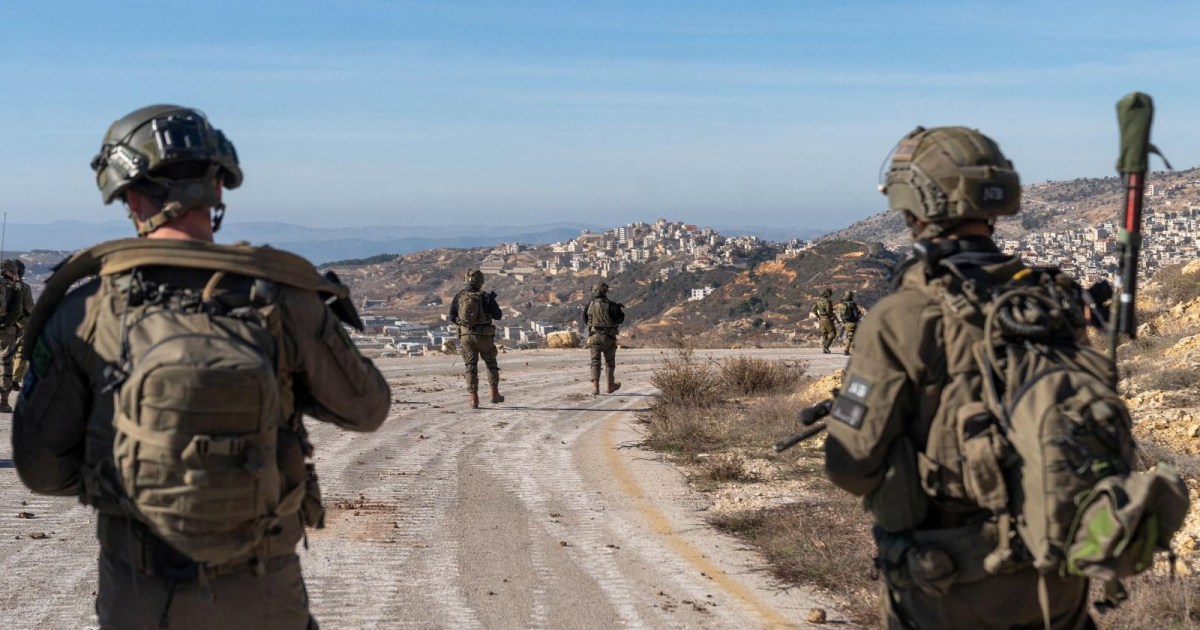Chad votes in first parliamentary election in over a decade: What to know
 28 December 2024
28 December 2024
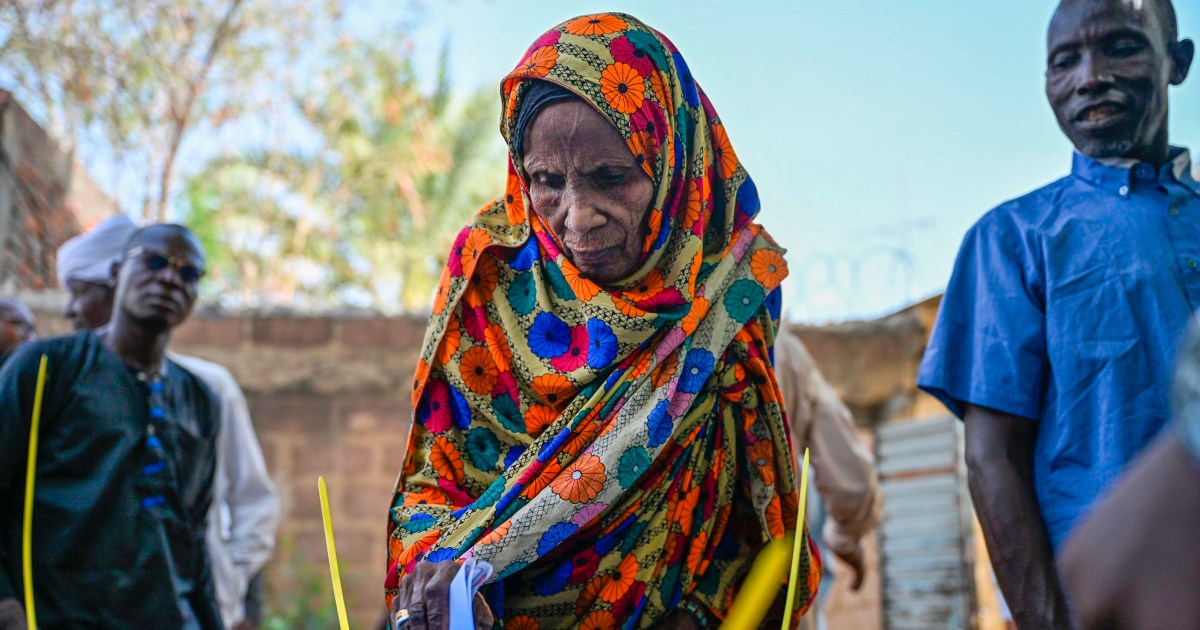

Chadians are voting in parliamentary, regional and municipal elections for the first time in more than a decade, continuing the former military-turned-civilian government’s push to put the Central African country on a democratic path. But opposition party members are sceptical.
Officials in N’djamena say Sunday’s vote will formally end a three-year “transitional period” that followed the 2021 death of longtime leader Idriss Deby Itno and the forceful takeover by his son, Mahamat Idriss Deby, who was confirmed as the country’s president after an election in May.
However, many opposition parties are boycotting the polls, calling them a “masquerade” and accusing the Patriotic Salvation Movement (MPS) government of trying to legitimise what they call a political dynasty.
Chad, one of Africa’s poorest countries, is the first in a string of coup-hit states in the Sahel to hold elections as promised, even if polls were severely delayed. The country is no stranger to coups or repressive governments and has been ruled by the Deby family since 1991.
Advertisement
Sunday’s vote comes amid a barrage of security challenges: Sudan’s war is raging along the eastern border; the Boko Haram armed group is attacking security locations around Lake Chad; and N’Djamena recently broke a military pact with former colonial master and strong ally, France.
Rights groups say without full opposition participation, the election is not likely to be fair.
“It will be difficult to have a credible election without inclusivity,” Isa Sanusi, Amnesty International’s country director in neighbouring Nigeria, told Al Jazeera. “That some are boycotting the election shows that there must be a review of the process and system to ensure that a level playing field is provided to accommodate all Chadians.”
Here’s what you need to know about the parliamentary elections and why the country’s fledgling steps towards democracy are controversial:
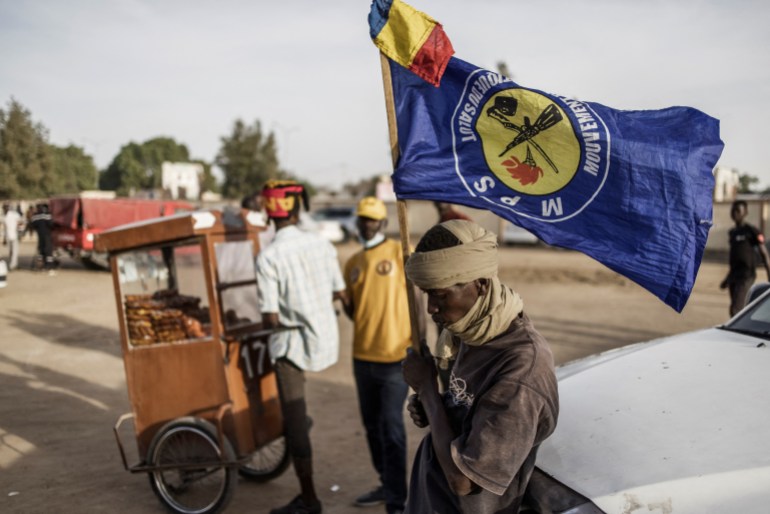
How will voters elect?
- Some 8.3 million registered voters of the country’s 18-million population will vote for legislators in the country’s 188-seat parliament. Parties need 95 seats for a majority.
- More than 100 political parties have put forward some 1,100 candidates for the parliamentary elections. Winners are elected by a first-past-the-post or a more-than-half majority method, depending on the constituency size.
- Voters will also choose regional and local governments across 22 regions and the capital, N’Djamena.
- The Transformers Party, as well as dozens of other opposition parties, are boycotting the elections, arguing that the vote will neither be free nor fair.
Advertisement
Why were there no parliamentary elections in more than a decade?
Parliamentary elections were last held in 2011. Although the term for the legislators was meant to end in 2015, the government indefinitely postponed polls, claiming there were no funds to organise elections.
Although the landlocked country is an oil producer, it ranks fourth from the bottom in the United Nations Human Development Index due to years of stagnant economic activity and harsh climate conditions.
Despite a clamour by opposition members to hold the elections promptly, former President Deby continued to postpone them. In 2019, the newly established National Independent Electoral Commission (CENI) finally promised to hold elections in 2020. However, the COVID-19 pandemic disrupted those plans.
Following his father’s death at the hands of rebels in May 2021, General Mahamat Idriss Deby, 40, seized power, despite loud calls for elections from opposition parties. The military disbanded parliament and put a one-year Transitional Military Council in place, headed by Deby. In October 2022, the leader disappointed many Chadians when he extended the transition period to 2024. Thousands, especially youth, took to the streets in protest, but security forces opened fire on them, killing more than 100 people.
Succes Masra, the young leader of the opposition Transformers Party, was at the forefront of the protests. Masra fled to the United States following the killings.

Have there been other elections?
Yes, authorities held a successful referendum in December 2023 that supported a new constitution and, in effect, new elections.
Advertisement
In May this year, Deby swept to victory in controversial presidential elections, amid claims his party rigged the vote with the help of the National Election Management Agency (ANGE).
Critics also accused Deby of murdering opposition candidates before the elections. Chadian security forces killed Yaya Dillo, Deby’s cousin and a leading opposition member of the Socialist Party Without Borders (PSF) in February. He was widely seen as the president’s biggest challenger at the time.
Officials claimed Dillo led a deadly attack on the headquarters of the country’s intelligence agency on February 28, but Dillo denied the allegations. Dillo was killed in a shootout the following day, along with several other PSF members. Many members are still detained in the notorious Koro Toro maximum security prison, according to Amnesty International. Organisations like Human Rights Watch in 2022 documented how prison officials tortured and murdered detained protesters in the facility.
Deby won 61.3 percent of the vote to the anger of opposition groups who claimed the elections were rigged. International rights groups, such as the International Federation for Human Rights, said the presidential elections were “neither credible, free, nor democratic”.
The president placed well ahead of his biggest opponent, candidate Masra of the Transformers Party, who came second with 18.5 percent of the vote. Masra had returned to the country in January this year following a peace agreement and was named prime minister in what many saw as Deby’s attempt to win over opposition members. Tensions returned, however, when the two faced each other in the elections. Masra resigned as prime minister and has since returned to leading the opposition.
Advertisement
Which parties are running in this election?
Patriotic Salvation Movement (MPS): Led by agricultural expert and former Prime Minister Haroun Kabadi, who currently heads the Transitional Council, the MPS is the governing party. It was founded by former President Deby Itno and current President Deny is a “honorary president”. MPS has controlled parliament since 1996. Before the Transitional Council was put in place in 2021, the party was in a coalition government with the allied Rally for Democracy and Progress (RDP) and National Rally for Democracy and Progress (RNDP) and controlled 134 parliament seats.
National Union for Democracy and Renewal (UNDR): Led by politician Saleh Kebzabo, it was one of the main opposition coalitions against the rule of former President Deby Itno. The current president appointed Kebzabo as prime minister from 2022-2024. The party controlled 10 seats until 2021.
National Rally of Chadian Democrats (RNDT): Once allied in a ruling coalition with the MPS, RNDT is largely seen as a “semi-opposition” group. It’s led by former Prime Minister Albert Pahimi Padacke (2021- 2022). Padacke competed in the May presidential elections and won 16.9 percent of the votes. RNDT controlled eight seats in parliament until 2021.
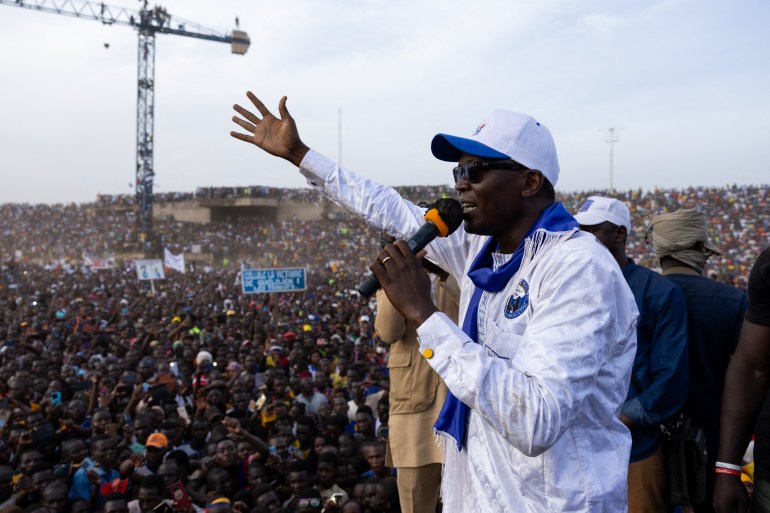
Why are some opposition parties boycotting the parliamentary elections?
Some opposition parties, including Masra’s Transformers, Group of the Cooperation of Political Actors (GCAP), and more than 10 others, are not participating in the vote in protest, and have been distributing flyers to people to encourage them not to vote.
Advertisement
The parties accuse Deby’s government of repression and autocracy and say opposition members have already “lost in advance”.
Masra, who came second in the presidential vote, told the AFP news agency that “participating in the legislative elections under the current conditions is participating in legislative apartheid.”
Some parties, like Chad’s Party of Democrats, claimed to be blocking MPS members from holding campaigns by setting roadblocks in their strongholds.
Authorities have rejected the claims. Minister of Infrastructure Aziz Mahamat Saleh told reporters the elections will enable the ruling MPS and President Deby to attain the majority needed “to translate his political programme into reality”.
Why are Chadian journalists protesting?
Meanwhile, online journalists this week decried a December 4 ban that prevents online newspapers from broadcasting audiovisual content related to the elections, and in general. Authorities also suspended interactive broadcasts that involved phone-ins.
The country’s High Media and Audiovisual Authority (HAMA), which issued the restrictions, alleges that online publications repost videos without content producers’ permission, in violation of content laws. In the past, HAMA accused online journalists of publishing “unverifiable” information about President Deby.
A Supreme Court decision on December 20 ordered the content ban be lifted immediately. However, HAMA has not yet implemented the ruling. Speaking on state television on Tuesday, HAMA President Abderrahmane Barka said the order was in line with Chadian law on sharing content but did not state whether the agency would respect the judgement.
Advertisement
Some 40 media publications have been on strike. On Tuesday, many reporters took to the streets in N’djamena to protest the decision, accusing HAMA and the MPS government of trying to silence online media before the elections. The restrictions, they said, also prevent them from publishing locally created audiovisual content.
Rights groups criticised the ban. “As a regulatory body, HAMA’s mission is to regulate the media space, not to restrict it preventively,” Sadibou Marong, sub-Saharan Africa director of Reporters Without Borders (RSF), said in a statement.
“The difference is thin, but essential to guarantee freedom of the press in Chad. If the distribution of content without the consent of their producer is to be prohibited, RSF asks HAMA to amend its decision by not prohibiting online media from broadcasting and producing their own audiovisual content.”
What’s next?
Analysts say the MPS appears set to win a majority in parliament, essentially cementing the party’s decades-long dominance, as well as strengthening the Deby family’s grip on power.
In huge rallies in N’Djamena over the weekend, MPS politicians distributed caps, key chains, and other mementoes painted in the party’s blue and yellow colours to thousands of supporters.
Rights groups are calling on authorities to ensure an inclusive vote, however. “Authorities in Chad have a duty to not only ensure that the election is free and fair but also to ensure that it is inclusive,” said Sanusi of Amnesty International.
Opposition boycotters meanwhile have pledged to independently monitor the vote and to report evidence of violations to the Tanzania-based African Court, which has jurisdiction in African Union member states, in order to get the court to annul the vote.
Advertisement
Related News
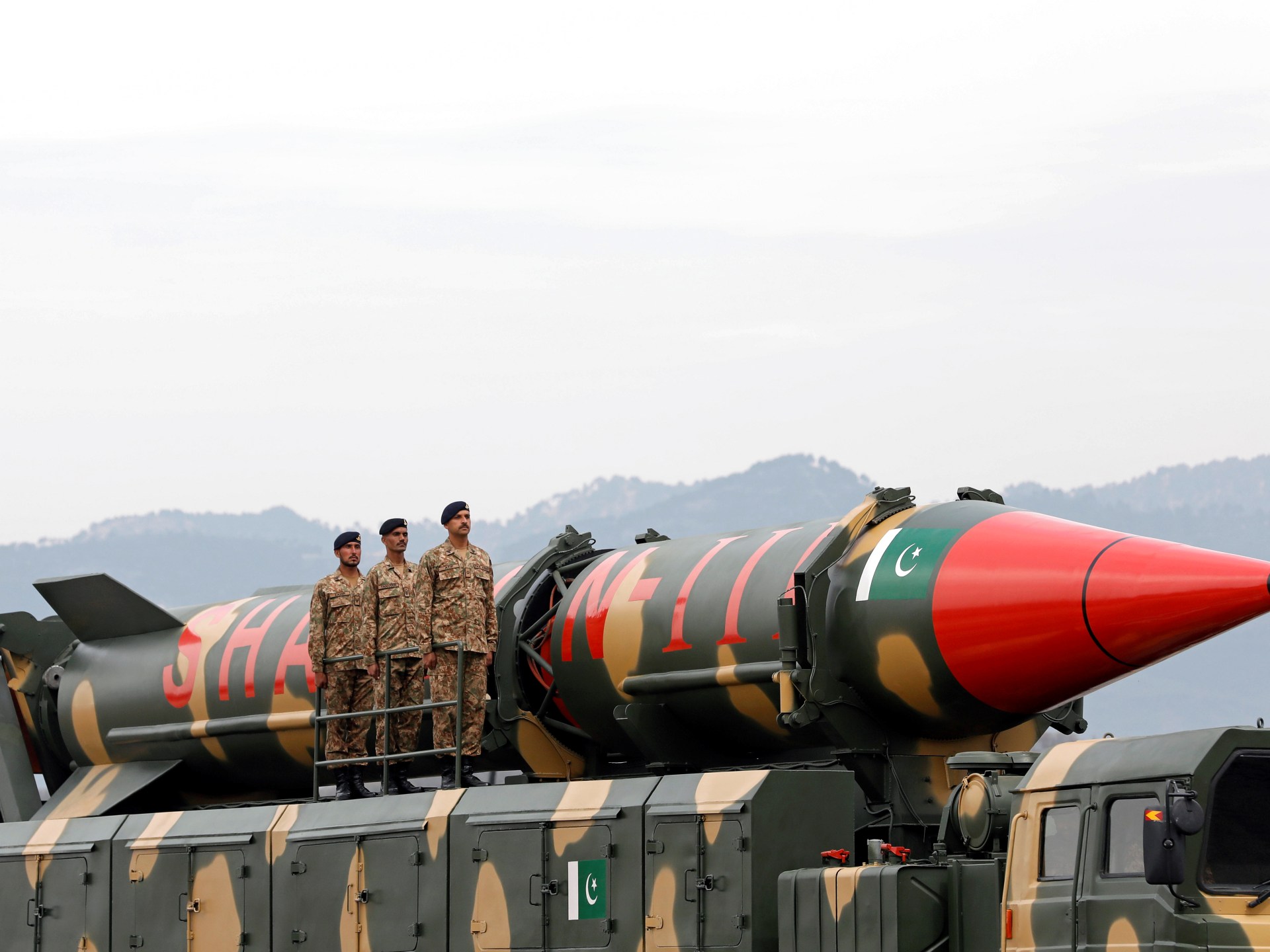
Pakistan slams US sanctions on ballistic missile programme
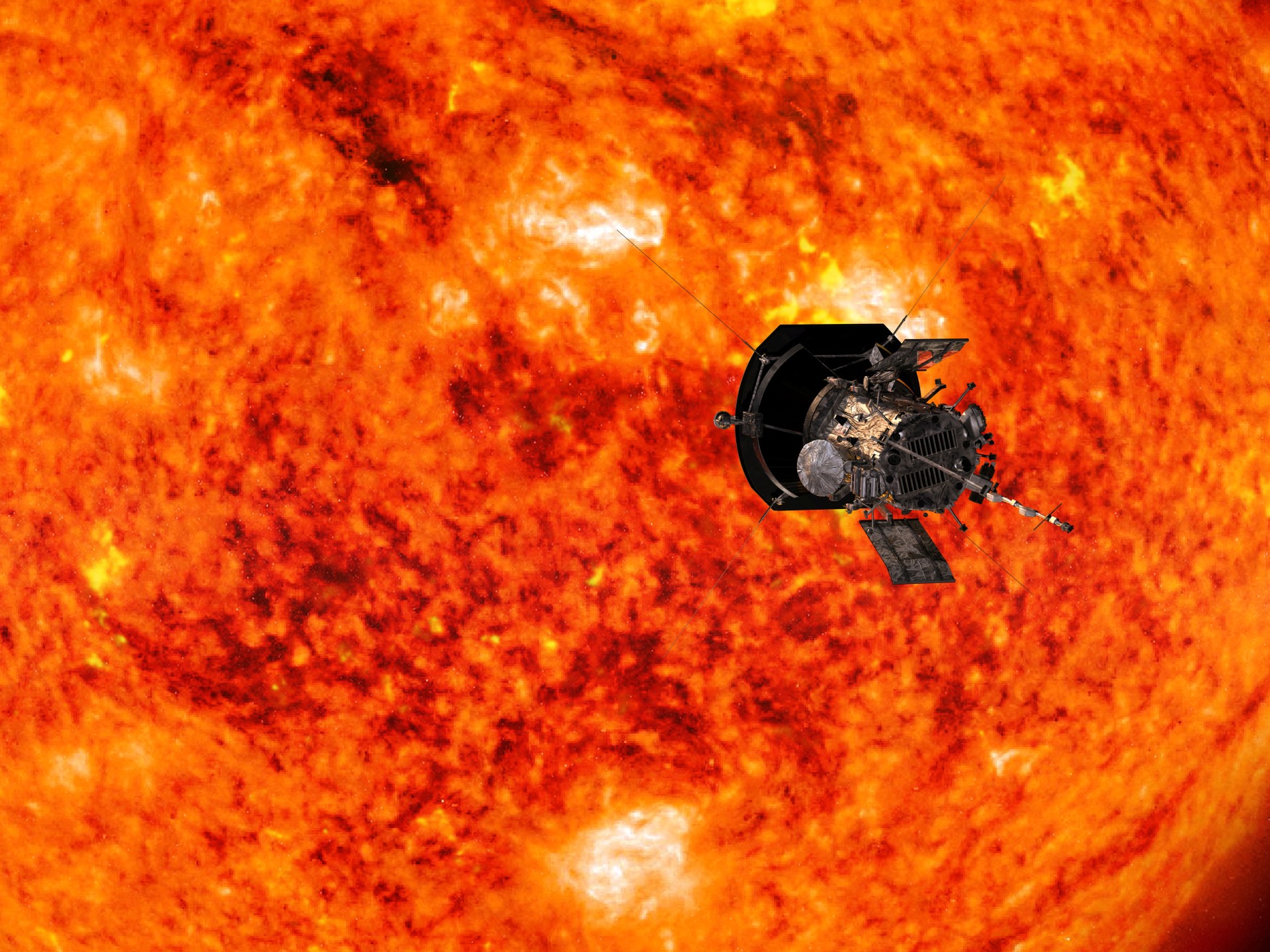
NASA probe makes history with closest-ever approach to the Sun
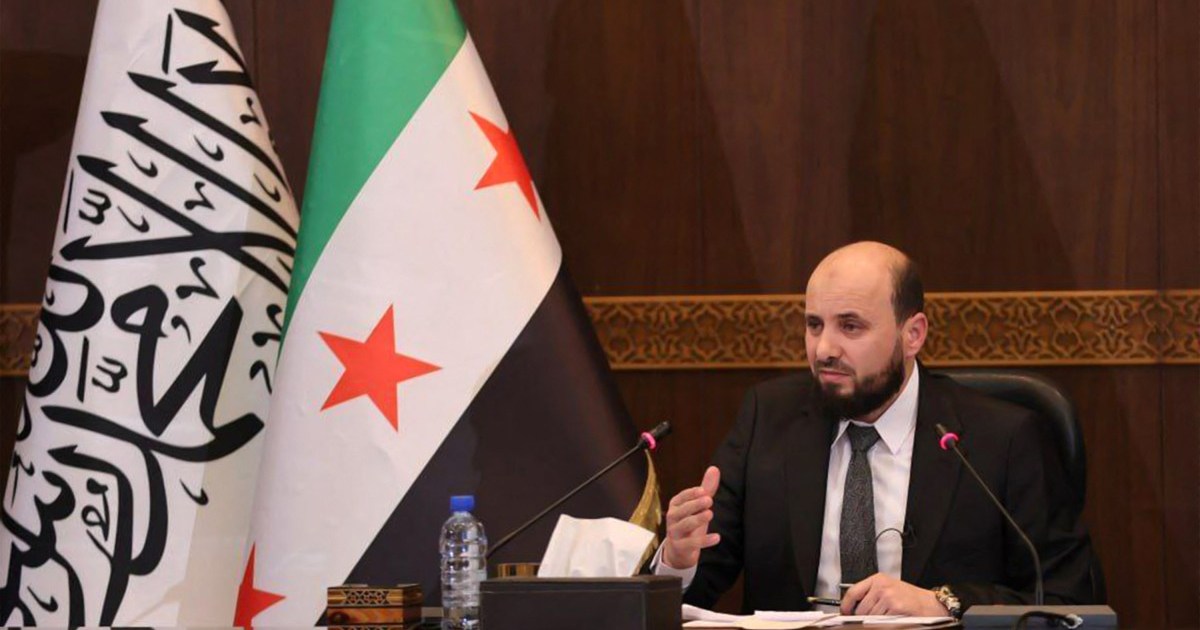
What to know about Syria’s new caretaker government
